As we all continue to go about our day-to-day lives while this unprecedented crisis caused by COVID-19 stretches into its third month, it is certainly understandable if craft beer has not made it to the top of your list of things to worry about.
But for the hundreds of people in the greater Spokane region who are involved in the industry as owners, brewers, bartenders and more, it is a nervous time.
In late March, the Brewers Association, the largest craft brewing trade organization in the country, surveyed its members about how COVID-19 was expected to affect their business and received more than 900 responses.
Startlingly, 60% of respondents nationally believed they would have to close their doors permanently within three months if social-distancing measures stayed where they were at the beginning of the crisis.
Even as states have made strides in allowing breweries to maintain some level of distribution via to-go orders and delivery, analysts are expecting the on-premise taproom closures to cost the industry $8 billion in lost revenue if they continue into June. Washington, being home to the third most breweries of any state in the country, feels this impact harder than most.
Locally, breweries are doing anything they can to weather the storm, but the timing was poor. “A lot of us were ramping up production as spring and summer approached,” said Dave Basaraba, co-owner of Spokane’s Mountain Lakes Brewing. “Wholesale (restaurant and bar) markets are all but dried up.”
This left even smaller-sized breweries like Mountain Lakes sitting on a lot of beer, so they have had to get creative. They have been working with a mobile canning company out of Oregon along with several other local breweries so they can all get as much beer canned as possible and limit the amount that goes to waste.
Limited operating hours and a desire for customers to stock up also have led to the re-emergence of the 64-ounce glass growler, the once-ubiquitous craft brewery staple that has fallen out of popularity in the last several years.
“They are the most cost-effective and earth-friendly option for most people to come and help support their local brewery,” Basaraba said.

